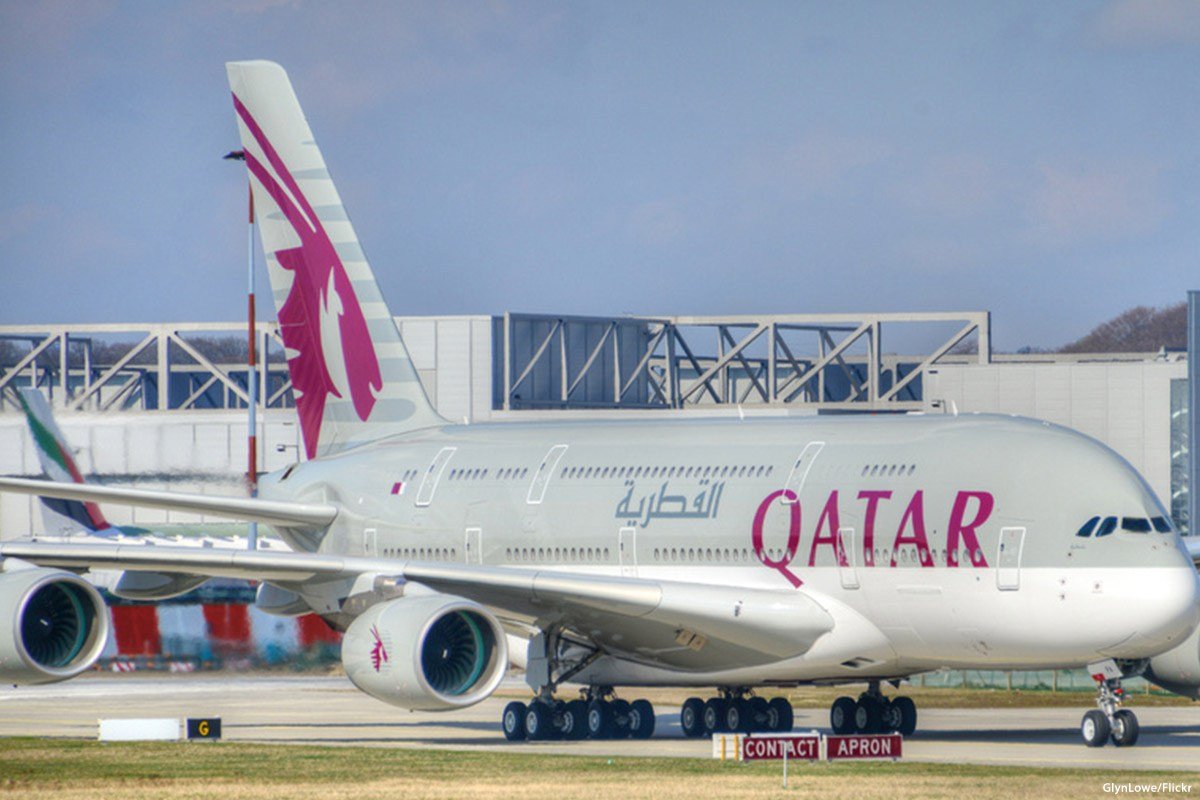When looking to expand one’s portfolio, whether as a new or an experienced investor, choosing the right investment can be a difficult decision, especially in an economic environment where investments in stocks, bonds, trust funds, options, annuities, crypto-currencies, etc. are either not vibrant or have low returns or not understood. That is why property/real estate investment is always one of the major considerations as a tool that can help one achieve their financial goals. There are four types of real estate: residential real estate (single-family homes, condominiums, high-value homes, multi-generational and vacation homes): commercial real estate (shopping malls, medical and educational buildings, hotels, offices and serviced apartments): industrial real estate (warehouses): land (vacant land, farms). Each has its own general set of features, risk factors and ways in which they can be used by investors.
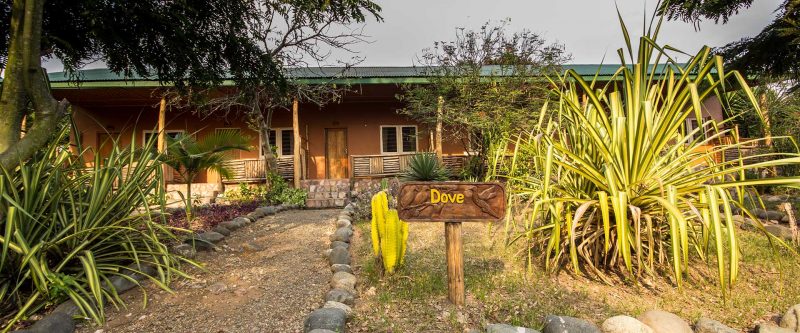
File Photo: New Simba Safari Camp Limited in Queen Elizabeth National Park (QENP) – Part of Amos Wekesa’s Uganda Lodges venture
There is an often forgotten category under commercial real estate: Safari camps and lodges (primarily in the national parks, the adjacent wildlife management areas and privately owned game farms) which is now emerging as a mainstream investment class. Except for the Covid interruption, the tourism sector, under which safari lodges and camps fall, has enjoyed exponential growth since 2000. Inbound tourism generated revenue in Uganda has increased from $151Million in 1999 to $1.6 billion in 2018/19, growing at an average annual rate of more than 9% in comparison to average real gross domestic product growth rate of 6% in the same period. Quite obviously, the well positioned, well built, well marketed and managed safari camps and lodges have benefited from this enormous growth, by way of creation of reliable high-value cash flows and capital value for their owners. For example, there are lodges that charge up to $1500 per person per night in Bwindi, South Western Uganda.
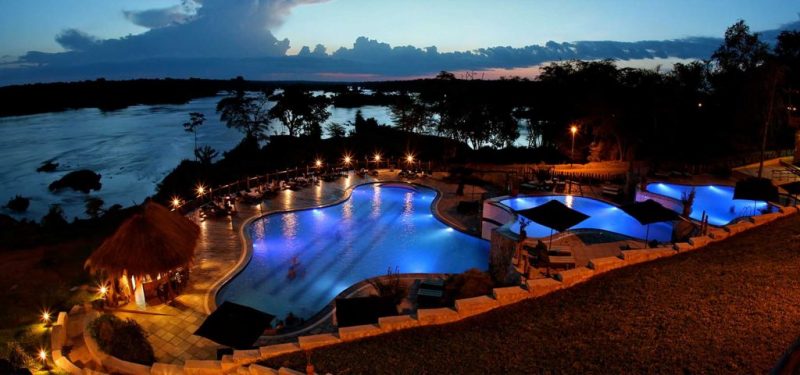
File Photo: Aerial view of Chobe Safari Lodge located inside Murchison Falls National Park.
It is anticipated that this momentum will continue on a positive trajectory as tourism and connectivity in African wildlife destinations continues. This presents a strong investment potential. From day trips to multi-week adventures, self-catering lodges to luxury tents, the demand for wildlife experiences will continue to increase (after the Coronavirus) as tourism in Uganda, one of Africa’s most popular and fast growing safari destinations, grows. The African safari experience and the excitement of spotting something natural and unexpected are unique and not available on every continent.
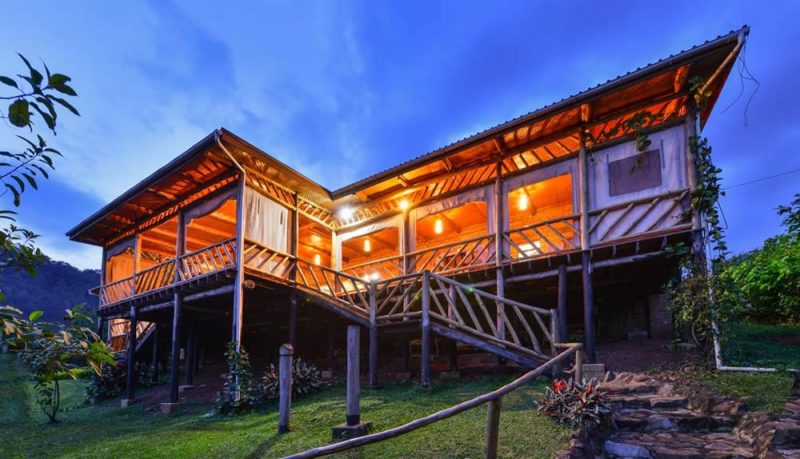
File Photo: Buhoma Haven Lodge located inside Bwindi Impenetrable National Park.
Caution must be taken before a decision to invest in these facilities is taken, as the most excellent locations play an important role in determining profitability and return on investment. Factoring in an incubation period is also essential because these projects require strong funding and are usually not profitable in the initial months of operations. Managing non-peak occupancy/income through engaging guests and advertising price sensitive special packages is essential in mitigating against the downside of the seasonality nature of the business and helps to sustain operations financially. Staffing in remote leisure locations can be a challenge therefore on site accommodation for the staff is an effective tool in retaining the personnel. Additional facilities for them go a long way in ensuring low attrition. A 6-weeks on 2-weeks off policy for staff may help to better manage them and ensuring their work life balance is more than essential. From a management and development cost perspective, this means that the developer has to consider staff welfare as the backbone of his/her business.
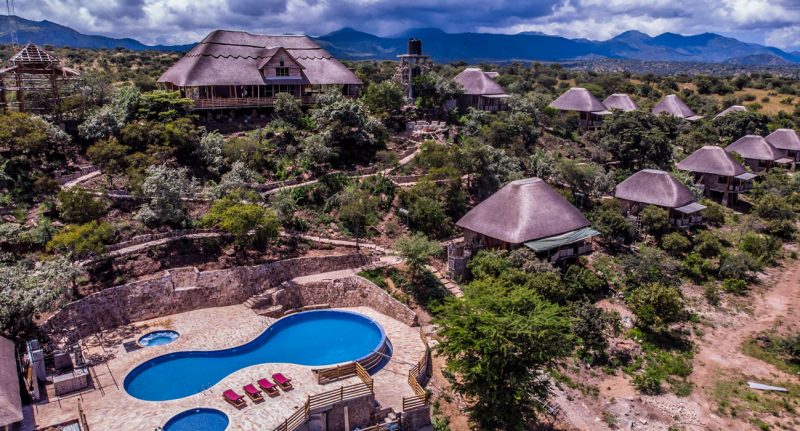
File Photo: Adere Safari Lodge located at Kidepo Valley National Park
Visitation to safari lodges and camps is not a volume driven approach, hence the rate strategy is very important. One must be able to extract the highest yields while managing the number of visitors. Whereas the design of the structures must draw their inspiration from nature, have a look that is serene, earthy, organic and with rich views; complete with comfortable indoor and outdoor lounges, attractive pools and fire places, it is not just the physical attributes of the accommodation facility that matter. The tourists from whom the highest profit can be acquired are looking for authentic experiences, not just comfort and luxury. They are looking forward to be taken on realistic journeys that fully connect them to Uganda’s heritage, local arts and culture. These are the experiences that drive the industry. It is important to ensure a friendly, customized yet non-intrusive service philosophy. The tour guides need to be experts at their trade and have the right skill set to tell the story and educate/engage the guests. The ultimate question is whether you can deliver an unforgettable guest experience, customized for your target market so that you earn their loyalty and keep them coming back for more while also doubling as your brand ambassadors by way of referring their own friends & family to you; as well as posting positive reviews on online travel agency websites like TripAdvisor.
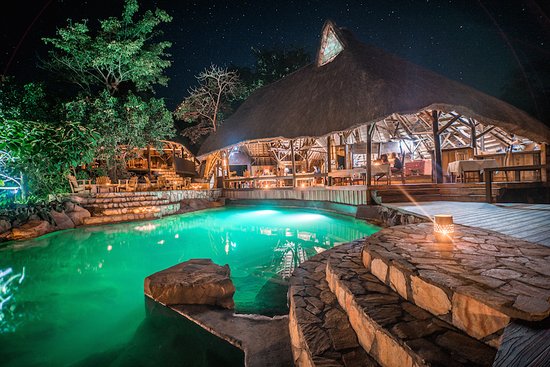
File Photo: Wildwaters Lodge – Kangulumira, Jinja City, Uganda
These are a number of the prerequisites for guest comfort and fulfilment, which can guarantee high occupancy levels year-on-year, ensuring annual payment of generous returns on your investment. In today’s confined and busy world, nothing offers a more luxurious experience than the ability to get away to somewhere remote where one can have pristine wilderness completely to themselves with limited human interruptions. There is money to be made in offering this service.
About the Guest Writer
Allan Atwiine is a lawyer, marketer and hotelier experienced at assisting underperforming hotels improve their growth and profitability, through adoption of a holistic profit maximisation model. Allan is also experienced in turning around non performing entertainment, leisure & hospitality facilities including restaurants, spa and wellness centres.
The writer can be reached on; allanatwiine@gmail.com
About Guide2Uganda
Guide2Uganda (www.guide2uganda.ug) is the most comprehensive source of travel information about Uganda that exists on the web, with more content on its cities & towns, accommodation, attractions, events, museums and galleries than any other online guide that currently exists for Uganda; as well as being a dynamic travel news and events driven site with fresh content added daily._
According to WeFollow & Peer Index (that measure online influence), we are among the most influential online media organizations in Uganda. Guide2Uganda was also awarded ‘’Best Destination Website in Uganda’’ by Jumia Travel Uganda in the 2018 Africa Travel Awards.
Share your travel stories & photos with the world via email: info@guide2uganda.ug

